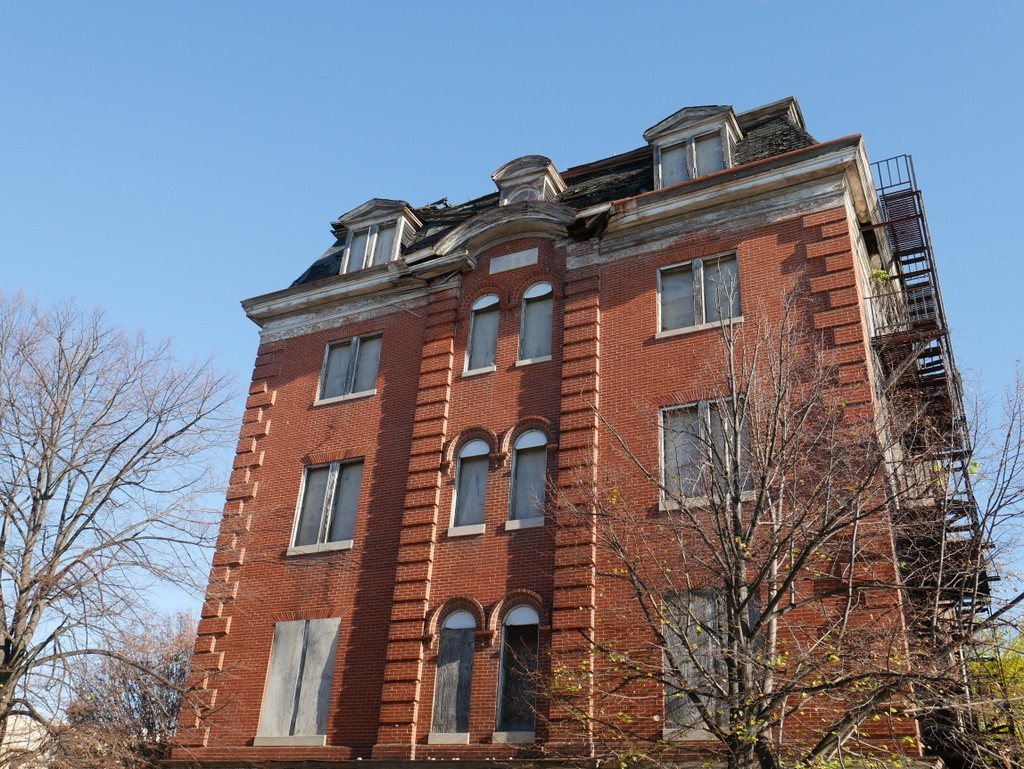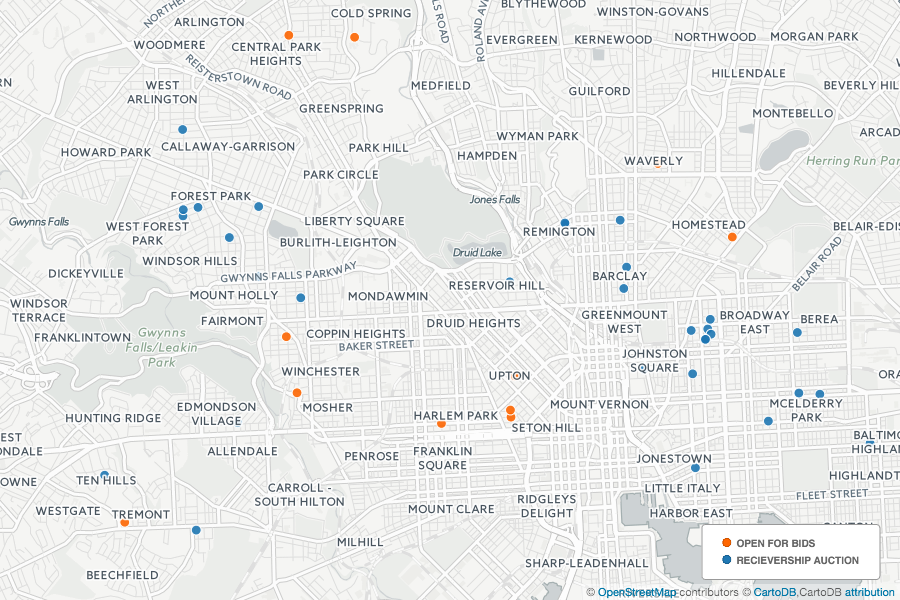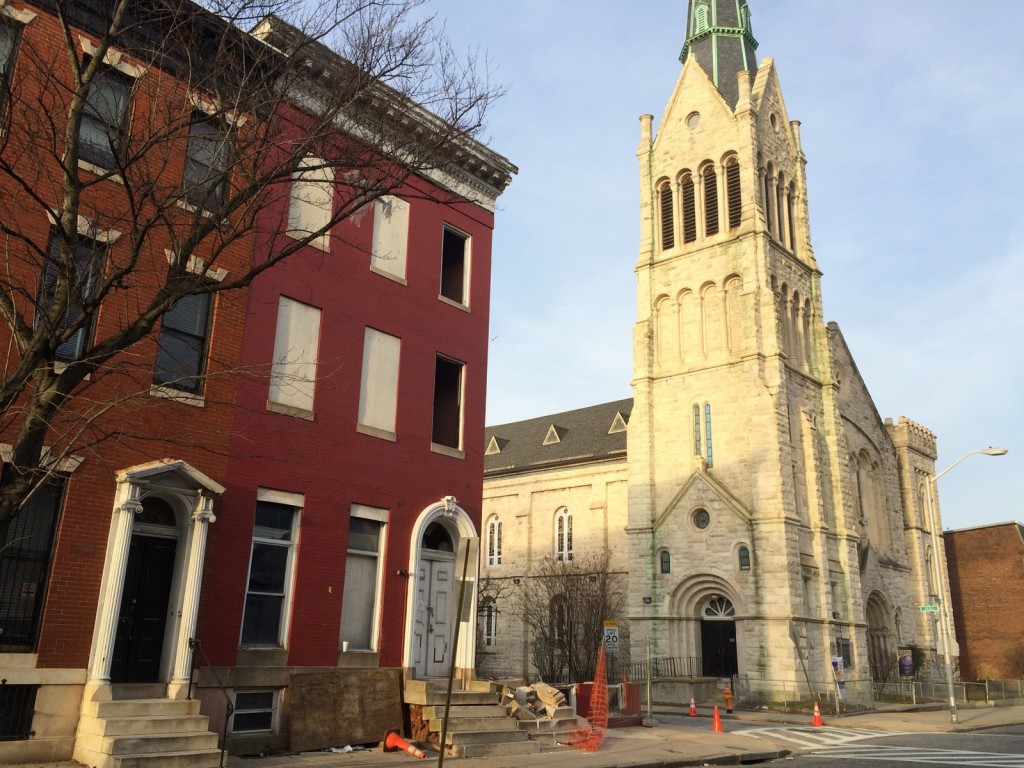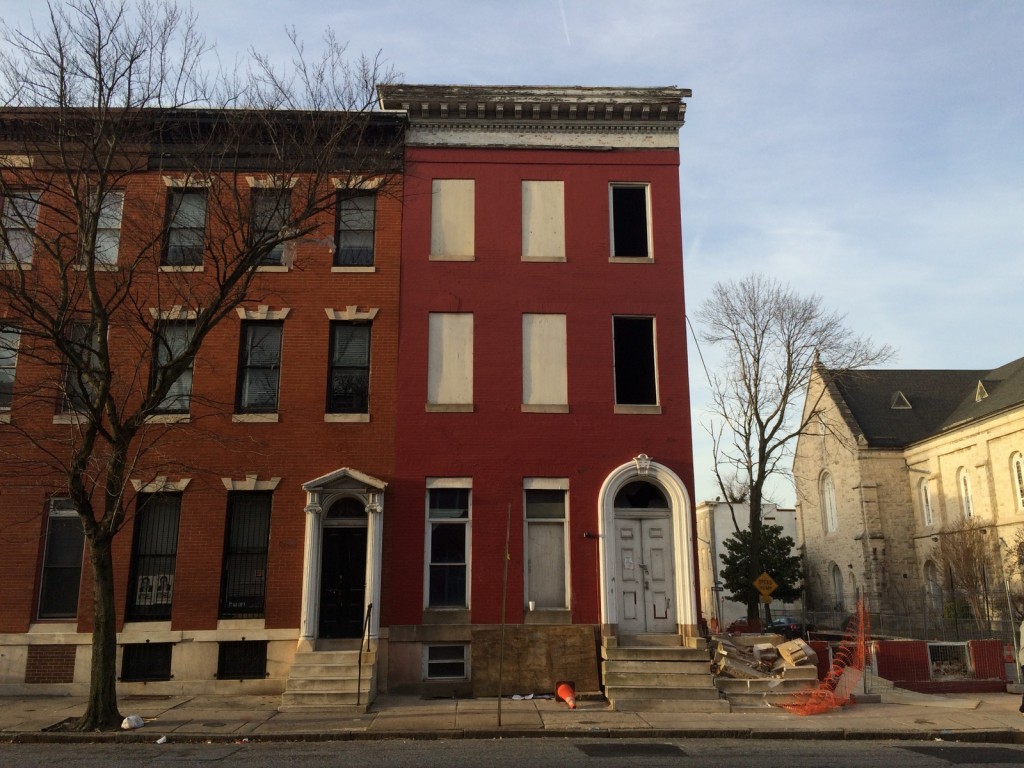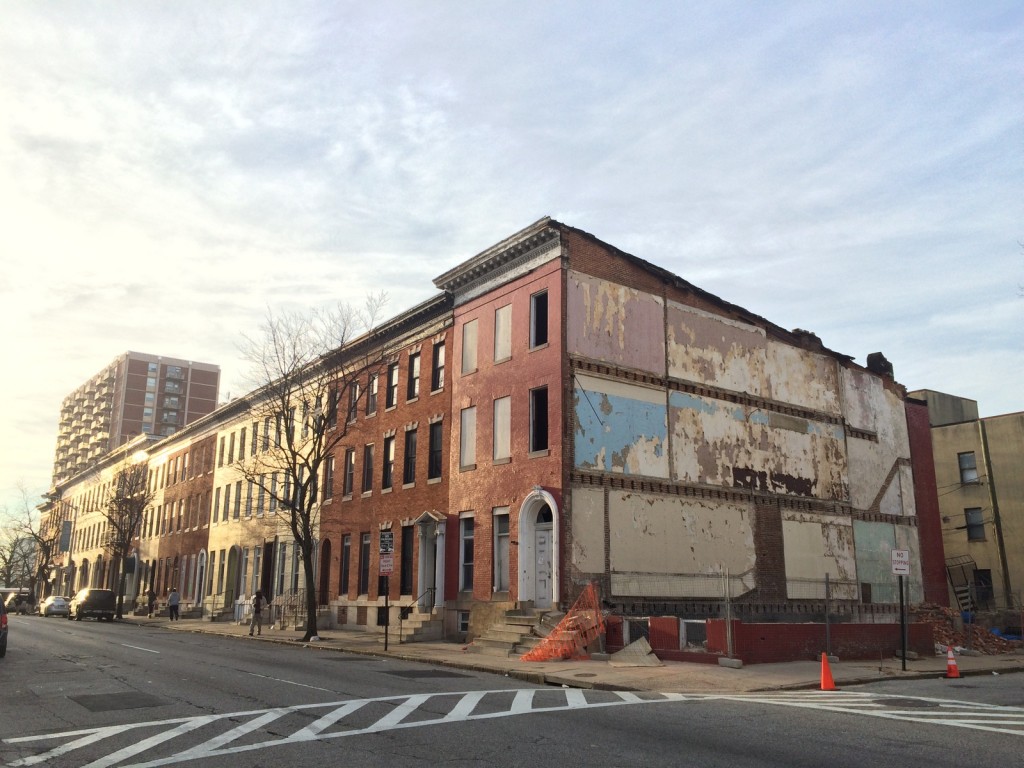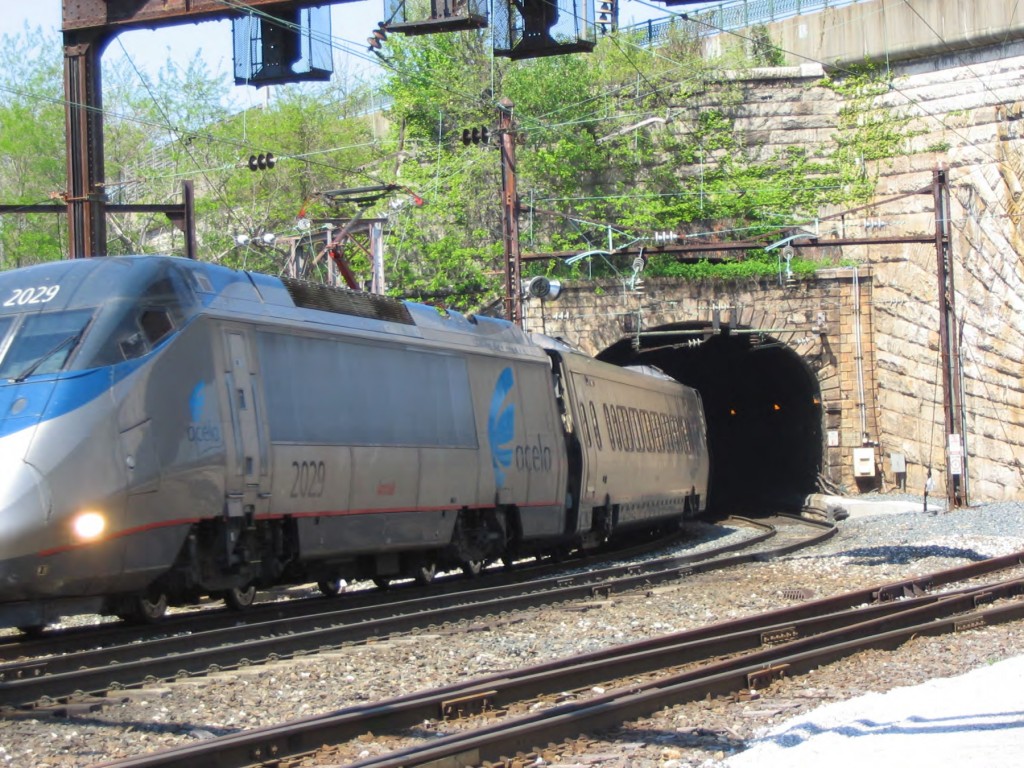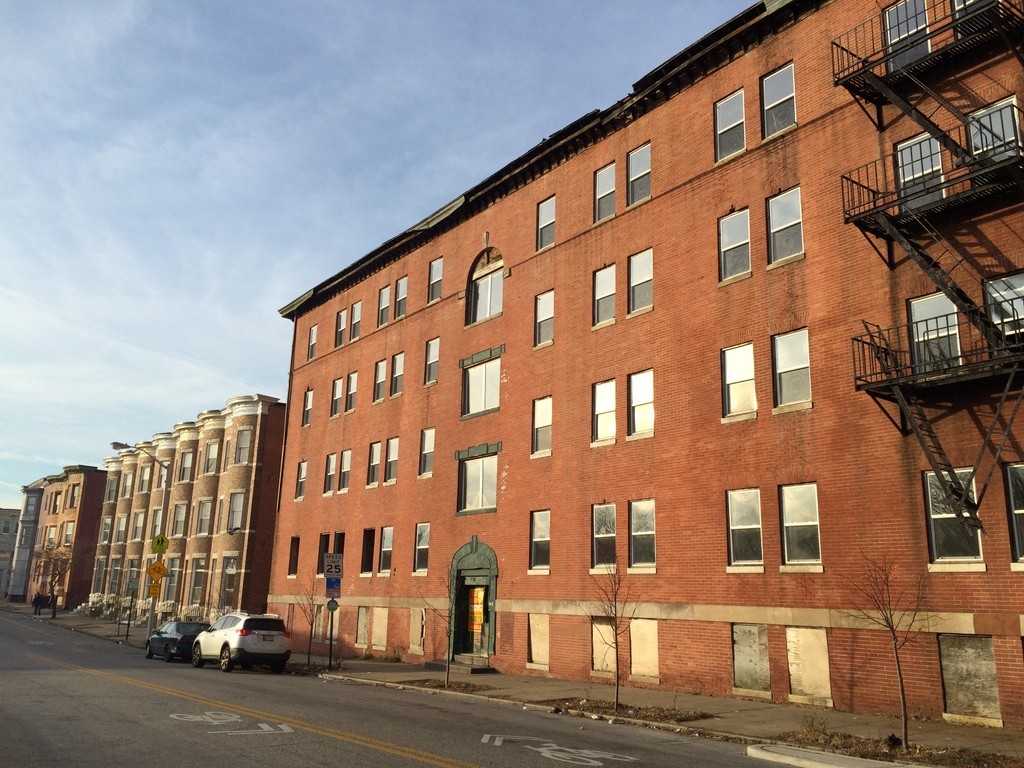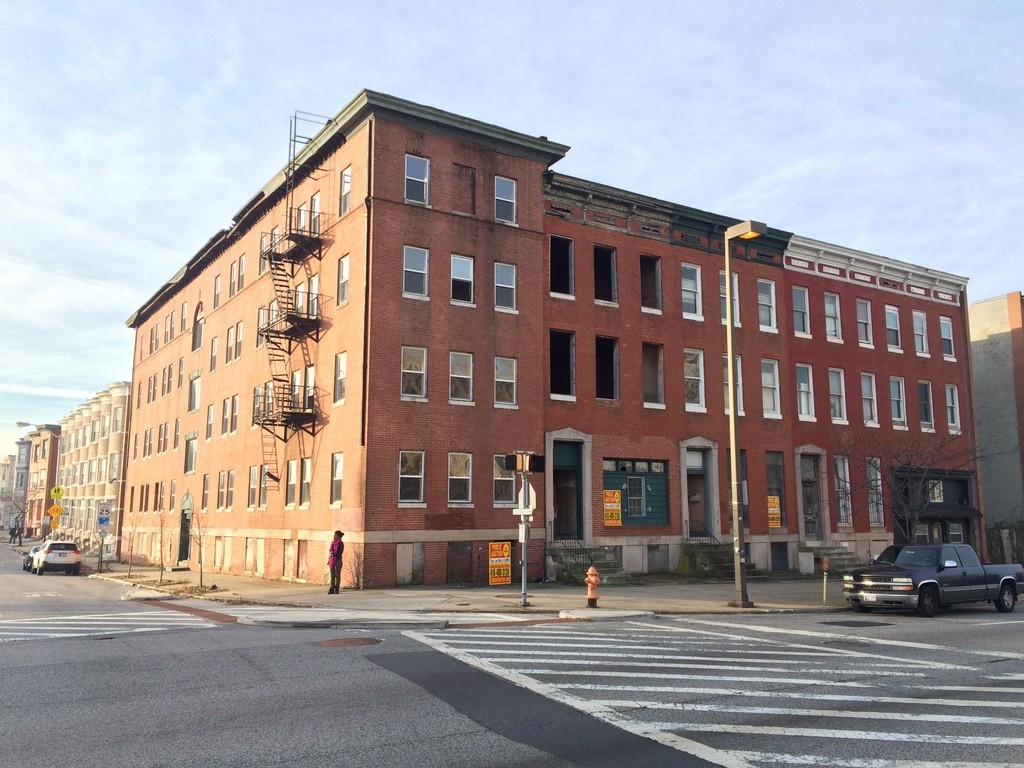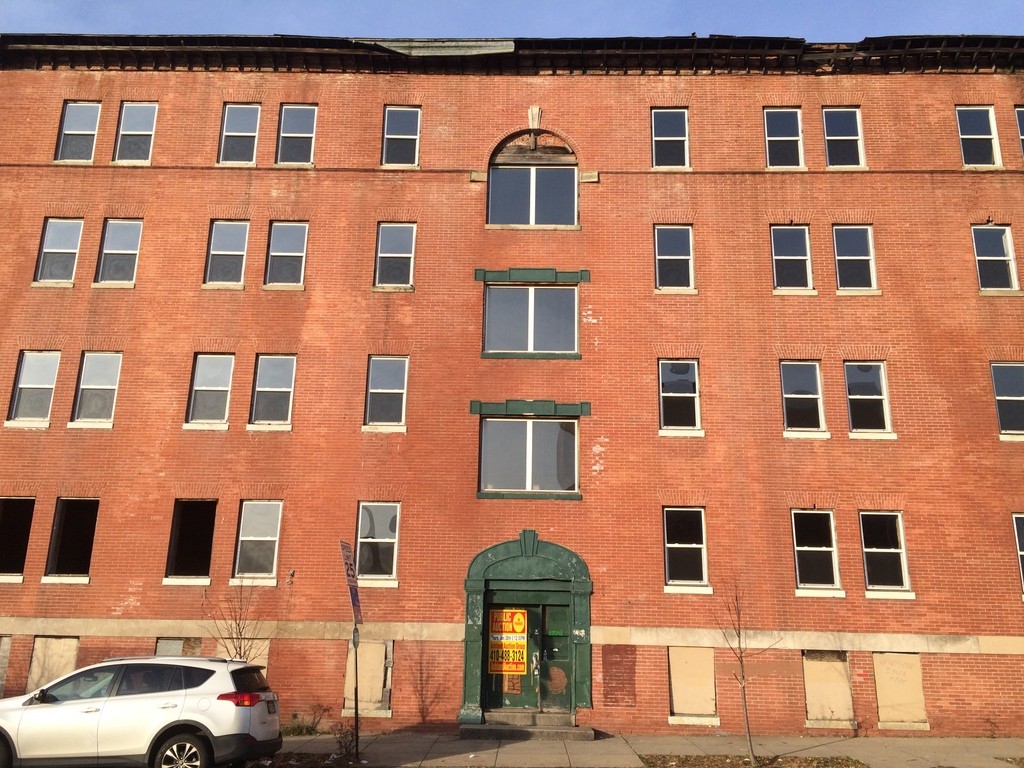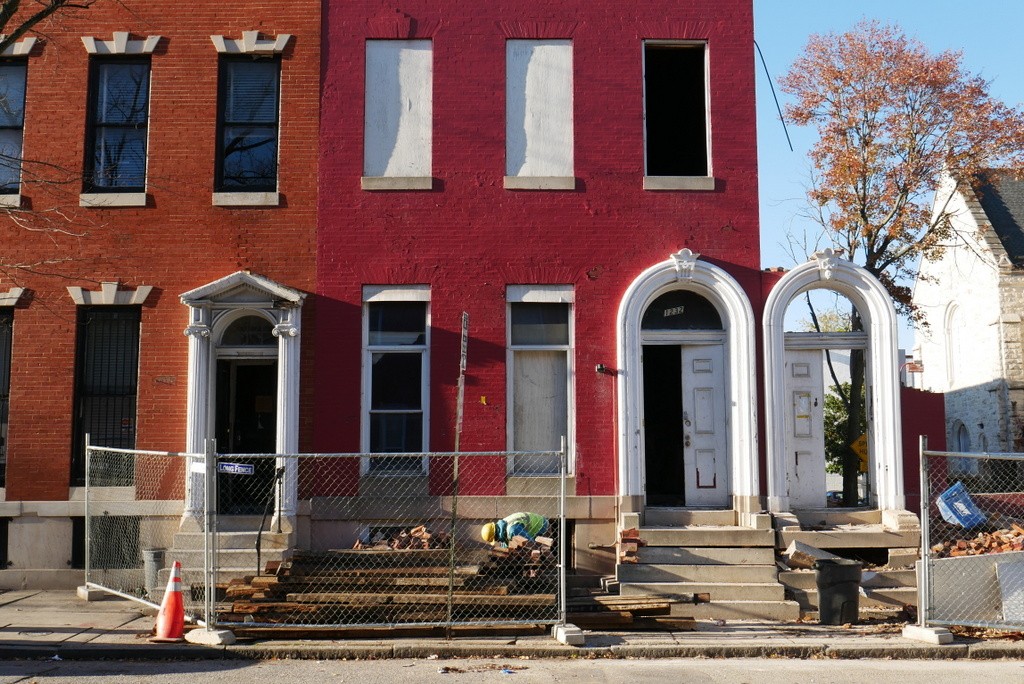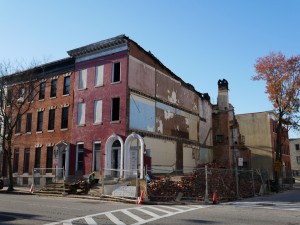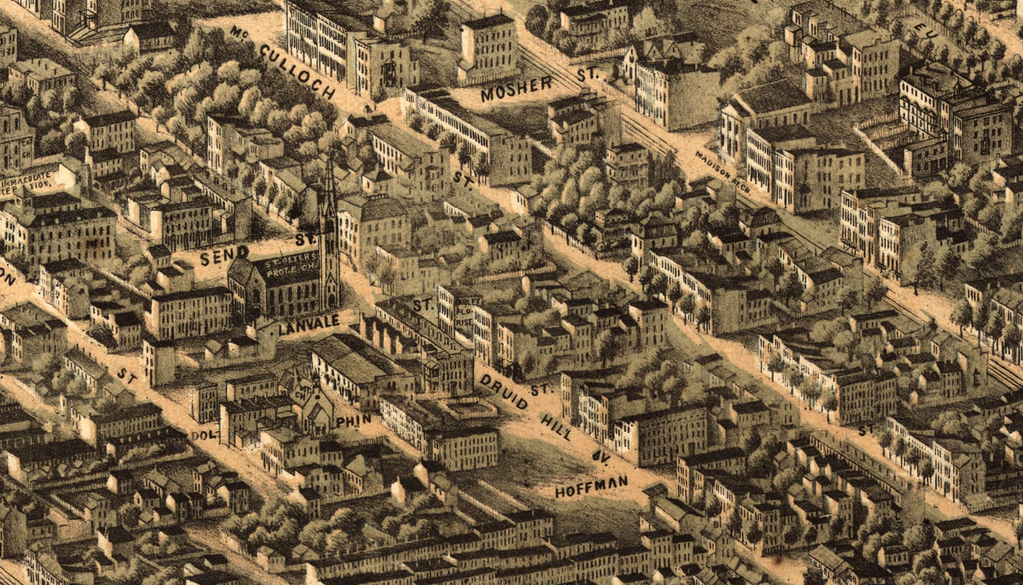For the past two years, Baltimore Housing has worked to find developers for unique vacant properties through their Vacants to Value Surplus Sale. In 2015, Baltimore Housing listed 18 properties for development including historic school buildings, firehouses, and rowhouses located in neighborhoods across the city.
Earlier this week, we learned that the city has issued awards for seven properties including the former Druid Health Center/Home of the Friendless in Marble Hill and the Upton Mansion. In a press release, Deputy Commissioner of Land Resources Julia Day praised the variety and care the city saw from the selected developers: “From rental and market rate housing projects to a music & arts complex for youth and studio space aimed at Baltimore’s budding music scene – the applications were well thought out and sure to enhance our City assets.”
There is plenty of work ahead for the developers putting these vacant historic buildings back into use but the announcement is still encouraging news. The properties and developers include:
- 2200 block of E. Biddle Street awarded to Cross Street Partners, City Life Builders, and Chesapeake Habitat for Humanity (seven row houses in the Middle East neighborhood)
- 1401 E. Biddle Street awarded to Redbrick LMD (a former charter school connected to the Madison Square Recreation Center in the Gay Street neighborhood)
- 1313 Druid Hill Avenue awarded to The Aziz Group (the former Home of the Friendless/Druid Health Center in Upton)
- 24 N. High Street awarded to Leon & Dorothy Wigglesworth (a commercial storefront in the Jonestown neighborhood)
- 811 W. Lanvale Street awarded to C & A, Inc. (the former Upton Mansion in the Upton neighborhood)
Baltimore Housing is encouraging developers interested in any of the remaining 2015 surplus properties to send in an unsolicited bid by March 31, 2016. These remaining properties include:
- 800 block of Edmondson Avenue
- 800 block of Harlem Avenue
- 3101 Presbury Street
- 4701 Yellowwood Road
- 4800 block of Pimlico Road
- 5002 Frederick Avenue
- 5837 Belair Road
- 707-713 E. 34th Street
- 1315–1327 Division Street (Former Public School 103)
- 1500-1600 blocks of Edmondson Avenue
- 1749-1757 Gorsuch Avenue (Former Engine Company No. 33)
- 2950-2966 Mosher Street
You can find more information about any of these properties from Vacants to Value or contact Baltimore Housing at 410-396-4111. To help encourage the development of these buildings, we created a new map highlighting auctions, real estate listings, and development opportunities in Baltimore City. Please take a look at the opportunity map and get in touch with your thoughts on how we can keep improving this new resource.

